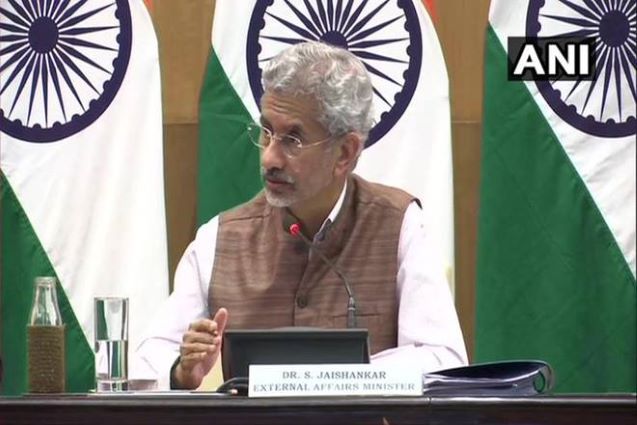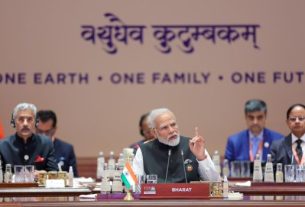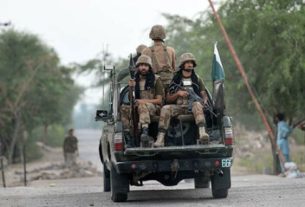In a recent discourse, India’s External Affairs Minister, S. Jaishankar, pointedly criticized Canada for harboring individuals who advocate violence and terrorism due to its political leniency. This assertive statement sheds light on an issue that can no longer be swept under the rug. While Canadian Prime Minister Justin Trudeau aims to fortify the ties between India and Canada, the reality on the ground seems to be telling a different story. The allegations by the Canadian PM regarding the Indian government’s involvement in the assassination of Khalistani terrorist Hardeep Singh Nijjar only add another layer to this complex narrative.
Jaishankar’s assertions cannot be ignored. There have been instances where smoke bombs were hurled at the Indian mission, and violent confrontations occurred outside the Indian consulates in Canada. These acts of violence against diplomatic premises are not just threats to India but to the global community.
The incident on June 18, where Khalistani terrorist Hardeep Singh Nijjar was killed in British Columbia, opens up a pandora’s box of questions regarding the potential connections between the elements within Canada and global terrorist networks. The Indian government’s willingness to investigate the allegations made by Canada reflects a readiness for open dialogue, a step towards addressing the root cause of the issue.
Moreover, Jaishankar’s emphasis on freedom of speech not extending to the incitement of violence is a significant point that resonates beyond this bilateral tension. It’s a call for nations to introspect on how their domestic policies might be indirectly nurturing a climate of violence and terrorism.
The ongoing tension between India and Canada isn’t just a bilateral issue; it’s a matter of global security. The international community needs to pay heed to Jaishankar’s warning and work collectively to curb the menace of terrorism. This starts by holding nations accountable for their internal policies that provide operating space for terrorists and those who incite violence.
In conclusion, the diplomatic tiff sheds light on a larger issue at hand – the inadvertent role nations might play in fueling terrorism due to political leniency. The path to stronger Indo-Canadian ties lies in addressing these grave concerns, fostering an environment that staunchly opposes violence and terrorism.__khalsvox.com





